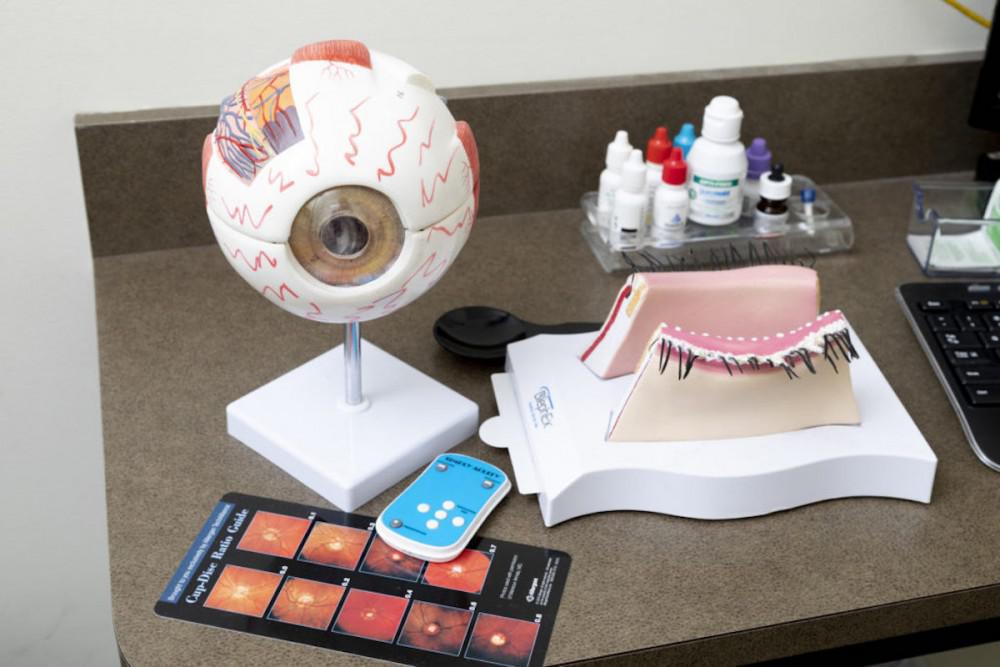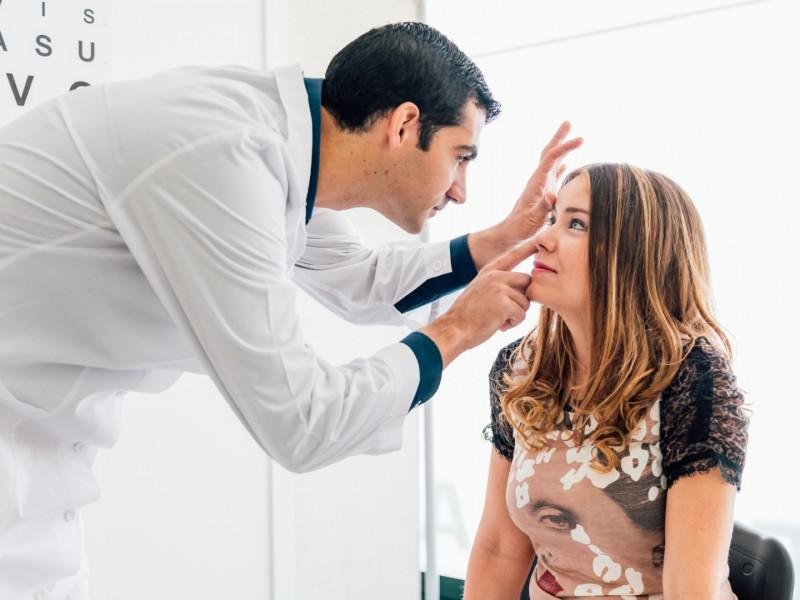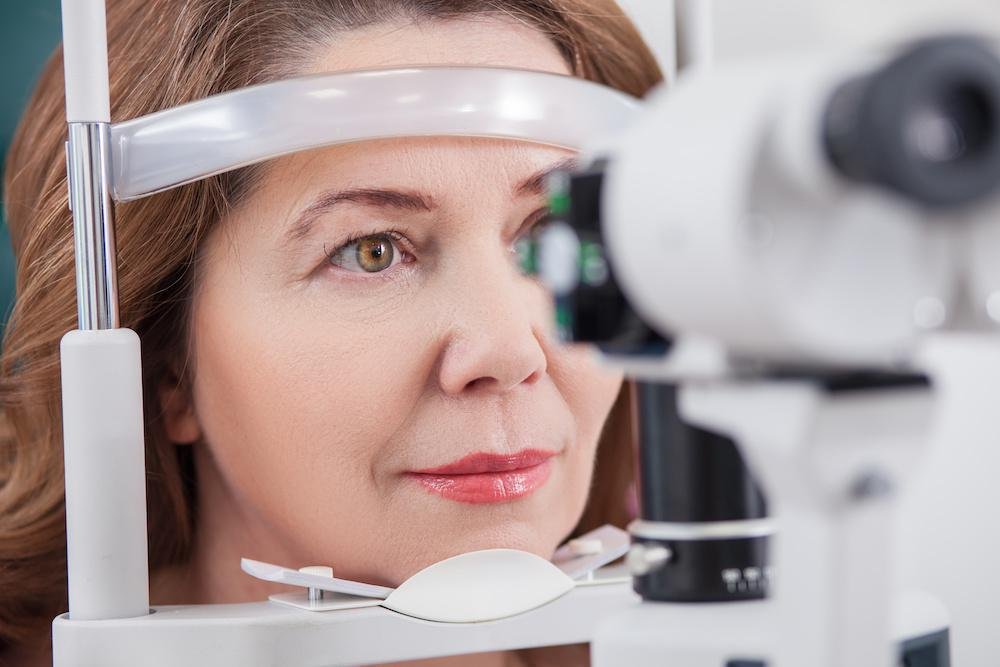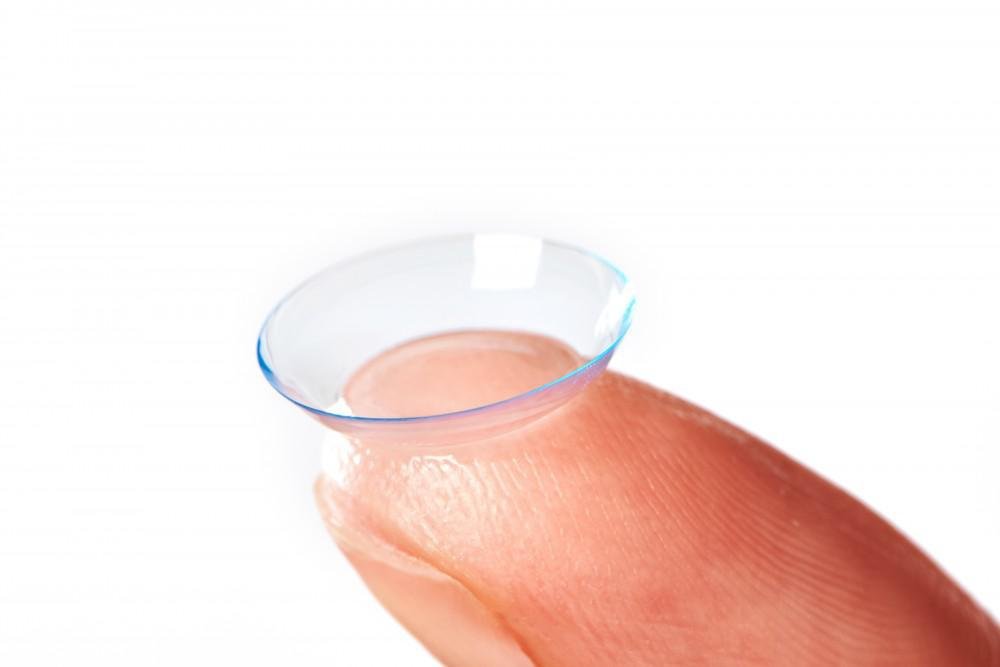You’re busy. We get it! With all the responsibilities in life, from caring for families, pets, and homes to your work and personal life, we understand that often there just doesn’t seem to be enough time in your day. Asking you to get an eye exam just adds one more thing to your already-full plate.However, caring for the health of your eyes is a very important concern. Issues with eyesight can severely affect your quality of life and make the simplest of tasks difficult, and sometimes even impossible. How often should you have an eye exam?
- Age.
- Children. The first eye exam a child receives should be done at about 6 months of age, and routine annual exams thereafter will be crucial so that they can be ready to learn in the classroom since so much of the information they receive is presented visually. Many children don’t receive the care for their eyes that is necessary, and this can result in ongoing problems as they mature.
- Adults. For those from 18-60, a routine eye exam should be done every two years, while those over 60 should get an eye exam on an annual basis.
- Risk Factors.
- Children. Premature birth, low birth weight, poor health of the mother during pregnancy, crossed eyes, or family history of eye disease are all factors that you should take into account when it comes to how often a child should have an eye exam. Annual eye exams are necessary for those children who wear eyeglasses.
- Adult. A family history of eye disease, diabetes or high blood pressure, or a visually demanding occupation are a few risk factors to be taken into account for an adult when determining how often they should have an eye exam. Any adult that wears contact lenses should have annual eye exams.
Here at Classic Vision Care, your eyes are our business. Call us today to schedule your eye exam or schedule online here.
You Might Also Enjoy…
Are Glasses Better than Contacts?
Trying to decide between wearing eyeglasses or contact lenses? Consider all the factors, including comfort, ease, and appearance. We’ve compiled a list of pros and cons to help you see your way through this significant decision.
Why Sunglasses are Important All Year Long
No doubt you always have your favorite shades close by all summer. But sunglasses protect your eyes all year long, even during darker winter months. Learn how they shield your eyes from harmful ultraviolet (UV) rays any time of year.
How Astigmatism Affects Your Vision
Astigmatism causes a variety of symptoms ranging from blurred vision to eye discomfort and pressure. Understand how a comprehensive eye exam can pinpoint the cause of your symptoms and get your sight back on track.
Who Is at Risk for Glaucoma?
Could you be at risk for glaucoma? The short answer is that everyone, especially seniors, is at risk for glaucoma. Learn how to lessen your odds of losing your sight through early detection and treatment.
5 Steps to Prevent Diabetic Eye Disease
People with diabetes are more vulnerable to certain eye diseases, such as glaucoma, cataracts, and diabetic retinopathy. Learn what steps you can take to slow their progression and potentially avoid them in the first place.
Am I a Candidate for Contact Lenses?
If you need vision correction, contact lenses are a popular option. If you’re simply tired of your glasses or just looking to see the world more clearly, discover whether contact lenses may be the perfect fit for you.







